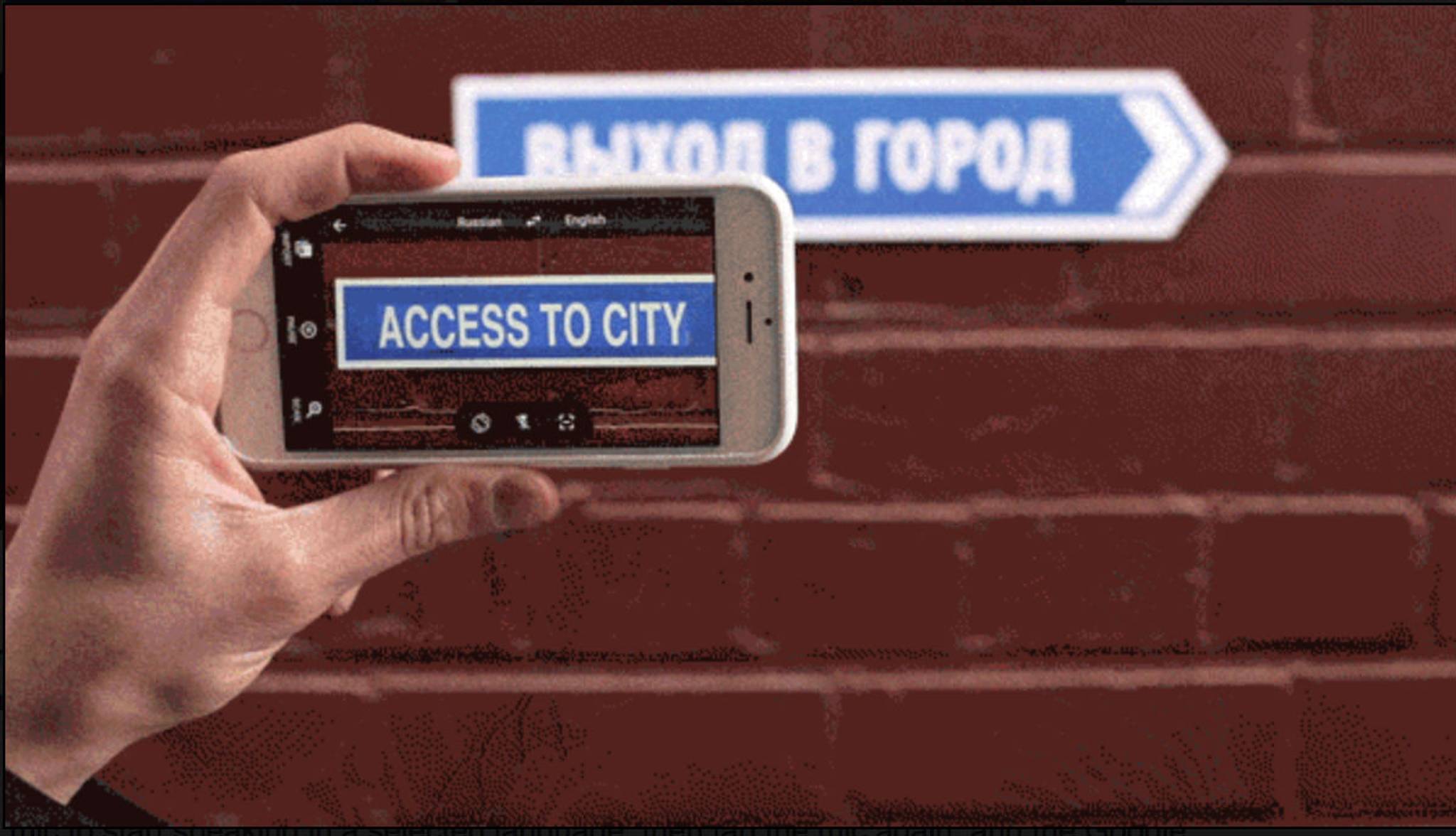
In The Hitchhiker’s Guide to the Galaxy, the Babel Fish is an alien species, which – when placed in your ear – can translate other languages being spoken to you in real-time. As the book states, this could never have developed naturally, so perhaps it makes sense that it’s been developed in real life using ‘hearable’ technology. Developed by US start-up Waverly Labs, Pilotis a twin set of earpieces that are able to translate spoken foreign languages in real-time. Eradicating the awkwardness of attempting to speak the native tongue, it could encourage people to travel to places that hadn’t previously appealed. We explore the insights behind an innovation that demonstrates the lengths people will go to to step past a language barrier.
Pilot consists of two earpieces – one for you to understand who you’re talking to, and one for them so they can understand you. The earpieces connect with an app on a smart device, which handles the translation with only a few seconds of delay. “This little wearable uses translation technology to allow two people to speak different languages but still clearly understand each other,” says Andrew Ochoa, CEO of Waverly Labs. “Simply put, when one person speaks, the other hears it in their language.” The technology also harnesses machine learning so the translations improve as more people use them.
While its roots lie in science fiction, real-time translation have become an important area for innovation in an increasingly globalised world. And with more people living abroad than ever before – 244 million in 2015, which is a 41% increase since 2000 – while international travel is expected to increase by 35% in the next ten years, it makes sense. It’s why Google is also working on technology that will enable international travellers to enjoy on-the-spot translations via their smartphones.
The US Foreign Service Institute says that it takes between 240 and 720 hours for a native English speaker to reach even basic fluency in the languages most similar to English, and a survey conducted by AIG Travel in 2015 found that 34% of travellers reported that a language barrier would be a concern when considering a cultural trip. Pilot could ease these concerns and even eliminate the need to learn new languages altogether, greatly increasing the number of people we can communicate with.
waverlylabs.com
Charles Pickering is a researcher at Canvas8, which specialises in behavioural insights and consumer research. He previously completed a Master’s degree in cognitive and evolutionary anthropology at Oxford, and loves a good dataset.



